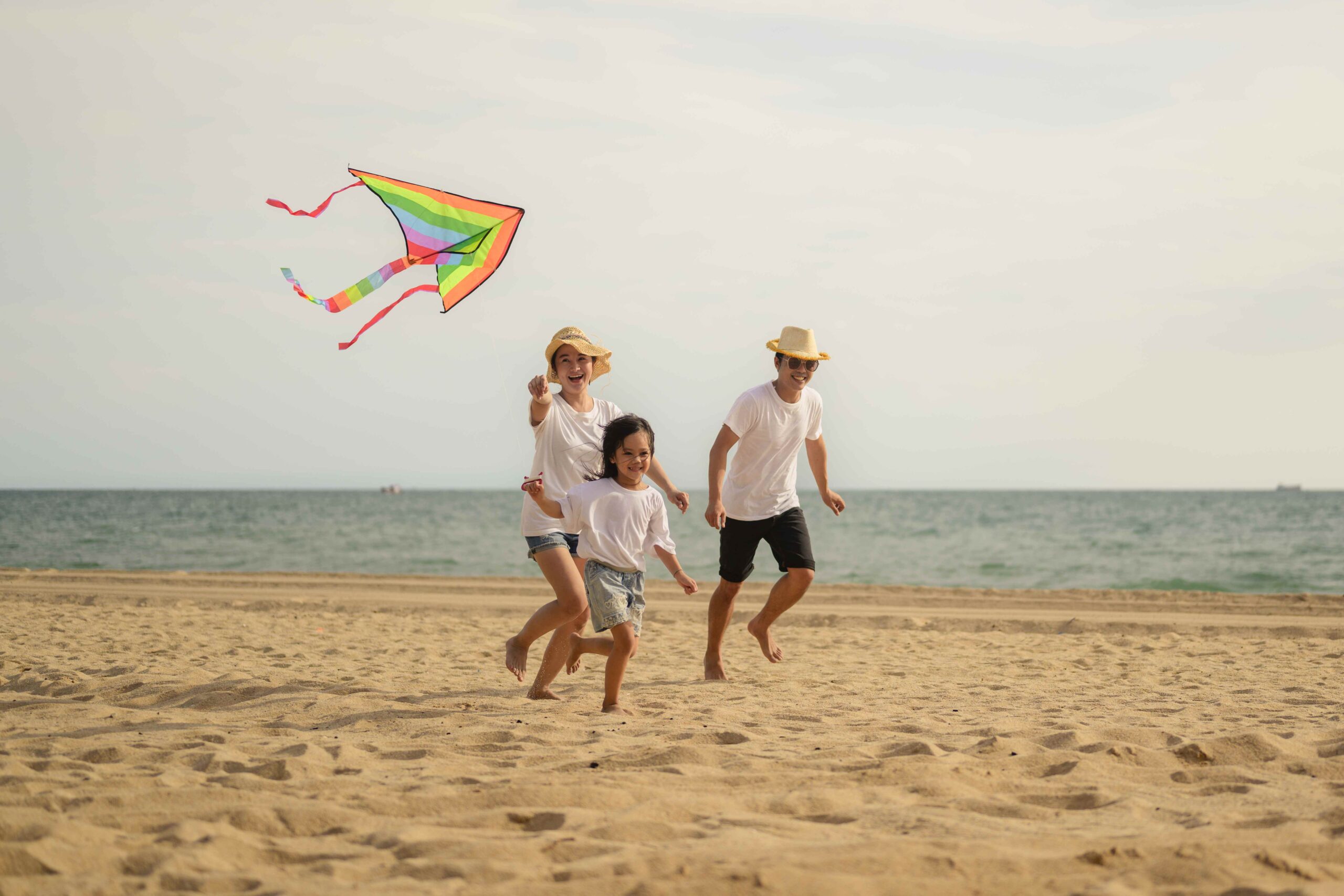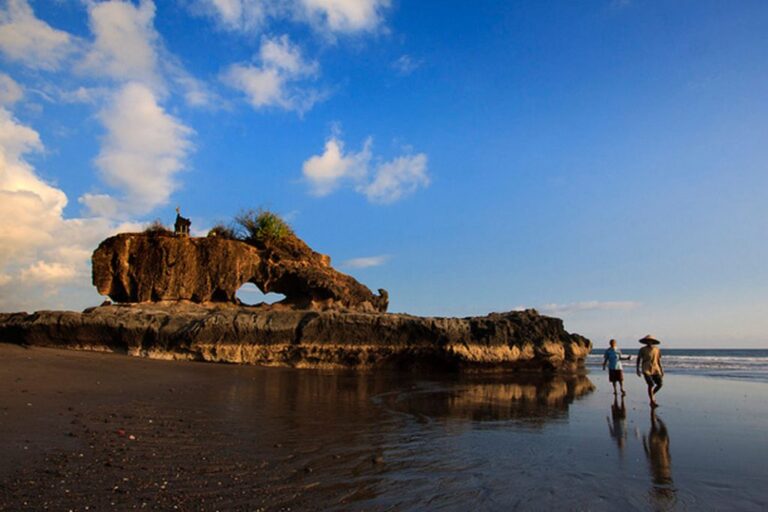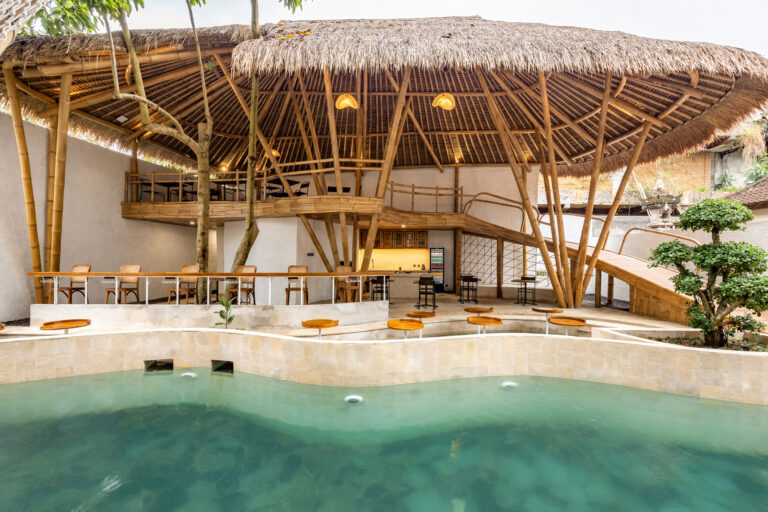Is Bali safe to visit? Yes, Bali often tops the list of the safest tourist destinations in Asia. Bali is safe for groups, families, females and solo travellers.
That said that everything in is safe. You need to ensure you’re aware of the risks to ensure a great time.
So, let’s look at what makes Bali safe and what you must watch out for when you’re here.
Crime In Bali
Firstly, the good news is that violent crime in Indonesia is very rare, full stop. In fact, according to international statistics, the murder rate of 0.4 per 100,000 people is among the lowest of any country in the world.
And while, of course, there are other crimes, mainly, they don’t involve foreigners.
The Big One Is Robbery
However, there are some risks all the same. Perhaps the most shocking is that robbery can occur and sometimes, it’s a violent crime.
The Australian government warns on its Smart Traveller website that robbery has been known to take place when a victim arrives at home at night!
This certainly isn’t common, though there is anecdotal evidence that in the post-pandemic landscape, this kind of crime is becoming more prevalent.
Beware, Pickpockets!
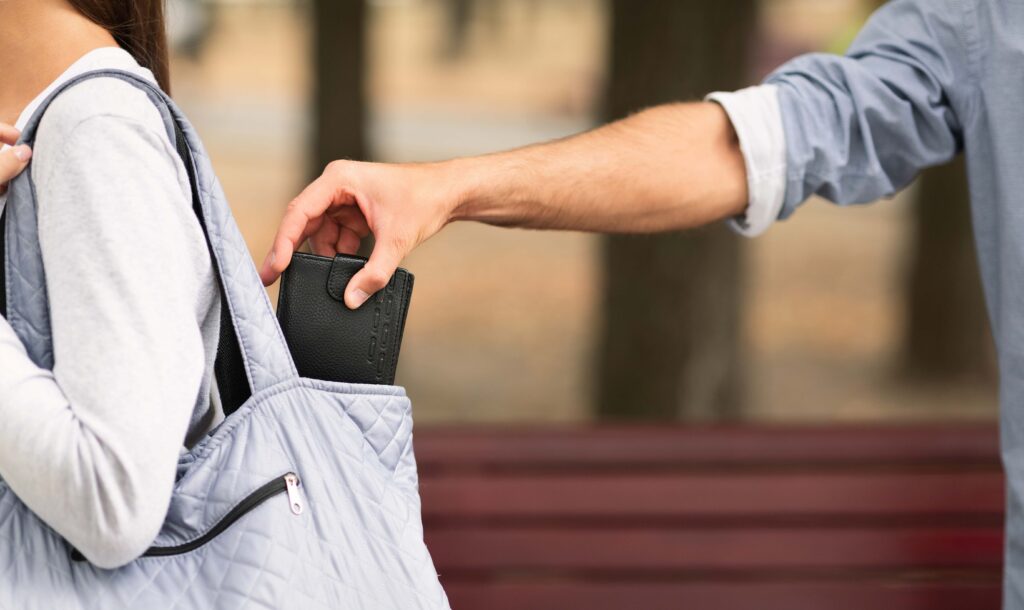
Without a doubt, the most common form of crime that you will encounter in Bali is pickpocketing. Busy tourist areas worldwide are a magnet for petty crime and Bali is no exception.
You can minimise the risks of pickpockets, but it’s hard to keep them completely at bay.
So, here’s what you need to know:
- Pickpockets operate at all times of the day. Anywhere that people are spending money, you can find pickpockets. This includes banks, currency exchanges, food stalls, and open-air markets. It’s hard to pick someone’s pocket on an empty street, so the busier somewhere is, the more petty crime it will attract.
- Try not to get distracted. It’s hard to take someone’s things off their person when they’re paying attention. So, thieves often set up distractions such as having a group of kids mob you and while you’re impressed with their cuteness, one of them lifts your wallet.
- Keep your wallet and purse in a safe place. The best place to keep a wallet is in your front pocket with an elastic band around it. If someone tries, this is hard to lift and will drag against the pocket material. Keep your wallet out of a backpack, belt bag, back pocket or coat/jacket pocket – these are great places for thieves to steal from.
- If you keep a wallet/purse in a bag, keep it in a secure pouch. Most bags have a zip-up pocket inside for this purpose. Keep your bags close to your body and don’t leave them dangling out of your hand, or they can be snatched easily.
- Only carry some of your cash and cards at a time. This is a big deal and all official warnings say the same – take what you need and leave the rest in the hotel. Or, at the very worst, keep it in a second wallet in a different place.
- Try not to pat your pocket to check if your wallet is still there. You could advertise where it is to thieves if you do.
- Leave the glitzy stuff at home. Flashwatches, expensive sunglasses and the like are best kept in the hotel. Expensive personal belongings help to make you a target for petty theft. So don’t wear flashy jewellery, try to blend in.
- Try to carry only what you need. The more bags, pockets, etc., you have, the harder it is to keep an eye on them all. And thieves know this.
Drink Spiking Is A Genuine Risk
Drink spiking is probably not as common as people think. Research suggests that often people simply drink too much on holiday and because it’s hot, it affects them much more severely than at home.
However, it has been known to happen in Bali and the best way to prevent this is to never leave your drinks unattended. Yes, you can carry your drink to the toilet and you probably should too.
Sex Crimes Are Rare
Sexual assault, fortunately, is rare on this Indonesian island and everyone would like to keep it that way.
Common Scams In Bali

Neither local authorities nor the Australian government (or indeed any other government) are likely to be much help if you’ve been scammed.
Worse, your travel insurance isn’t going to pay up for most scams either. So, it’s on you to ensure that you don’t get scammed.
Scams are quite common, though they tend to rely on the greed of tourists, to succeed. Here are some to watch out for:
Never use unofficial money changers. Those rates that look “too good to be true”? They are too good to be true. You’ll end up with far less than you bargained for or even with a handful of counterfeit currency.
Watch out for fake taxi drivers. You should always use a licensed taxi company and avoid local taxis that you don’t recognise. You might find that they demand much more than the meter would have cost when you arrive or worse, drive away with your luggage still in the boot of their car.
Ignore demands for money. Fake monks, fake guides, touts in markets, etc. can all be quite persistent in demanding cash from you. But don’t worry your personal safety is never at risk in these instances and you can safely ignore them.
Illegal gambling. This is the worst scam of all. Not only are you going to lose your money on card game scams, because that’s how this works, but once they’ve had all your money? The thieves will report you to local authorities and you’ll end up in jail for gambling (or paying a large bribe to avoid jail).
Fake charities. The only way to tell if a charity is actually legit is to do some online research. There are a lot of “orphanages” and the like in Bali that only exist to bilk tourists.
Credit card fraud is possible. The introduction of chip and PIN cards has reduced this kind of fraud but it still happens occasionally. Watch out for a retailer switching machines halfway through a transaction and for ATM machines with skimming devices attached to them. It’s best to use an ATM inside a bank if you can as they are the least likely to be tampered with.
Scooter rental scams. Always check the bike you are offered at these places and not only note any scratches, dents or issues but photograph them too. Otherwise, when you take the bike back, you may find yourself facing a fairly hefty bill for damage that you didn’t do.
Visa agent scams. Living in Bali is often very appealing to some tourists. You just want to make sure that when you apply for a long-term visa, it’s through a legit agent and not a fraudulent one. Only use an agent with good online reviews and ideally, one that was recommended by a friend who has a long-term visa already.
Drug Offences Can Carry The Death Penalty

We don’t want to sound like your mum here, but this is important. You should be aware that Indonesia and the Indonesian government take a very dim view of drug use.
Not only can minor possession leave you locked up in miserable circumstances for years, but if you are suspected of drug trafficking, you may face the death penalty.
Seriously, Stay Away From Drugs
Don’t think the embassy or consulate can get you out of this, either. Indonesia has famously executed several Australians in recent years for drugs. It is best to avoid direct contact with drugs in Bali.
Local media has no sympathy for drug users, either. They favour this hardline approach, so don’t hope for a grassroots campaign for a death sentence to be commuted.
Can I Make Friends Safely In Bali?

Of course, many people make friends with locals and other holidaymakers or expats while they are here.
Just be sensible about this. If someone comes up to you out of the blue at one of Bali’s natural wonders and immediately starts inviting you to something, then it’s more likely to be a scam than an act of friendship.
People make friends in Bali in the same way that you do at home. You want to make sure that you keep common sense because you’re in a new place.
Are There Parts Of Bali That Are Less Safe?
Not so much. As we’ve already said – the most risk comes from busy well-touristed places.
So, the Kuta nightclub area, for example, is a little more dodgy but not so much that you should cancel your plans to party. And remember that drunk tourists are at a higher risk of petty theft than sober ones.
Popular Places Are Higher Risk
The same is true for the more visited parts of the island, they pose a slightly higher risk to personal safety. Ubud, Canggu, and Seminyak have slightly higher crime rates than other places, but not enough to make you avoid them.
Just exercise common sense when you’re in these areas and you’ll be fine.
How Safe Are The Transport Options In Bali?
There are plenty of ways to get around the island and of course, they vary in terms of safety.
Taking A Bus
You’ve got the public bus service and tourist minibuses to choose from. There are very few public bus routes and the tourist minibuses tend to pick up the slack between them.
It’s not always the most comfortable form of travel but apart from the occasional minor accident, you’ll be fine on the buses. Do watch out for pickpockets if the bus is very crowded, though.
Riding Taxis
It’s 2023, we recommend that you use the Grab or Gojek apps to book your rides in Bali now.
Not only does this make you safer but it also ensures that you pay a fixed fee to your destination with no nasty surprises.
Do carry small change though. You’ll be amazed at how often an Indonesian cabbie has no change when you arrive at your destination.
Renting Motorbikes
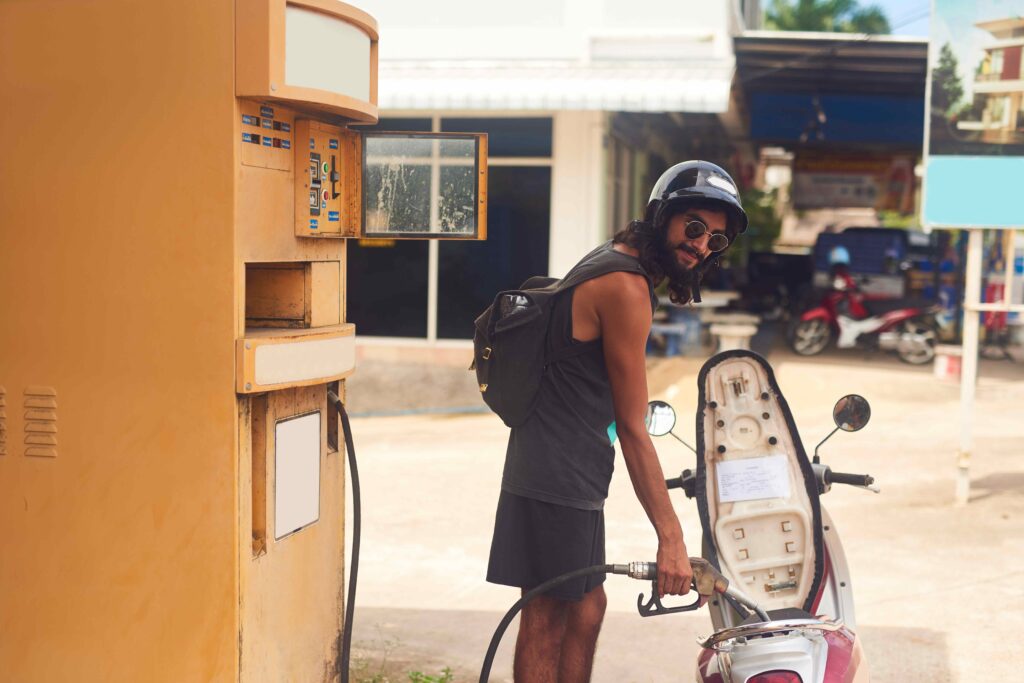
First and foremost, you need an international driving permit to ride a bike in Bali. If you don’t have one, your travel insurance will refuse to pay so much as a penny in the event of an accident.
Traffic police will stop you and fine you for a lack of license or not wearing a helmet too.
It’s Best To Avoid Renting Scooters
We’d recommend that tourists avoid scooters. We know, it’s part of the thrill of being here but accidents are common when you’re not an experienced rider.
And it’s not unknown for other drivers to snatch and grab from unsuspecting tourists on bikes, either. If you do drive a scooter keep a close eye on your bag at red lights, where this crime happens most often.
We strongly urge you to book taxis or a bike on Grab or Gojek and let somebody else drive for you.
Is Bali Safe From Natural Disasters?
Natural disasters aren’t a regular occurrence on Bali but they are a risk and happily one that your travel insurance should cover as long as you aren’t foolhardy when you visit Bali.
Volcanoes
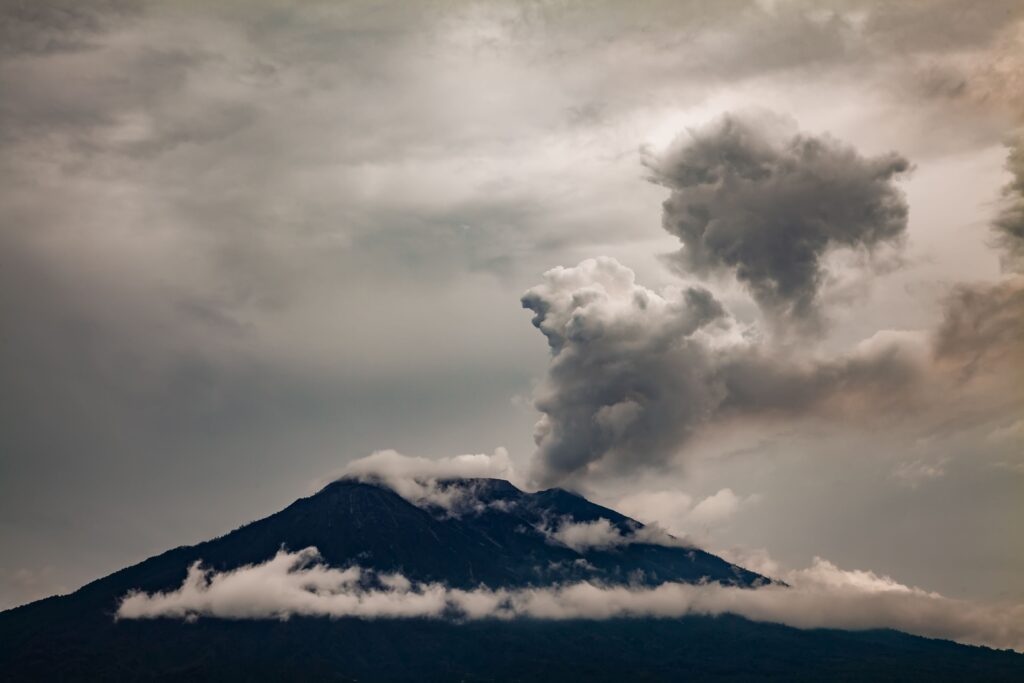
Bali is in the “Ring of Fire,” which means that it’s near geographic fault lines and it’s home to three active volcanoes.
It’s been a long time since an active volcano presented any major health risks to people in Bali as long as they obey the instructions of authorities when there are warnings of an eruption. But that doesn’t mean these volcanoes are 100% safe, either.
Volcanic eruptions are quite common in Bali. The authorities have learned their lessons from the many natural disasters of the past and have early warning systems in place to keep people safe now.
You should know that an eruption can sometimes disrupt air travel. This is because the smoke can make it hard or even impossible for normal air traffic to operate. We think it’s better for airlines to act on safety concerns than to take any risks with their passengers, mind you.
Earthquakes And Tsunamis
There is also a risk of earthquakes and potentially, also tsunamis. While you will get little warning of an earthquake, tsunamis tend to happen following an earthquake and you should listen out for evacuation warnings.
If this kind of natural disaster happens, things can get a bit frantic, but keep your head and get inland as far as you can.
Flooding
Some flooding may occur during the rainy season, but this isn’t a huge deal and mostly, if you’re sensible, you won’t be affected by this.
If you are affected, unless you’re staying in the middle of a rice field (in which case you may have to swim to your front door), the worst that will happen is you get a little wetter than normal.
Is Bali Safe From Terrorist Attacks?
Nowhere is completely safe from terrorism and Bali is no exception.
The Australian Consulate General and most foreign governments offer travel advice recommending that you exercise high caution in crowded places to avoid risks.
But Bali is generally safe in this respect, the last recorded incident was back in 2002.
Stay Away From Political Events
Bali’s political scene is relatively stable and by and large, you shouldn’t go into a panic just because you find yourself walking past an event or rally.
However, at the same time, you shouldn’t dally in these areas, either. Violence can break out at these events and tempt terrorist action. It’s not likely, but it’s better to be safe than sorry.
Finally, as with most countries in this region, the Indonesian government only allows foreigners to get involved in local politics.
You’re not a citizen and you don’t get a vote and thus, they’d like you to stay out of things. And if you don’t? Things could become unpleasant for you.
Can I Pet Stray Dogs In Bali?
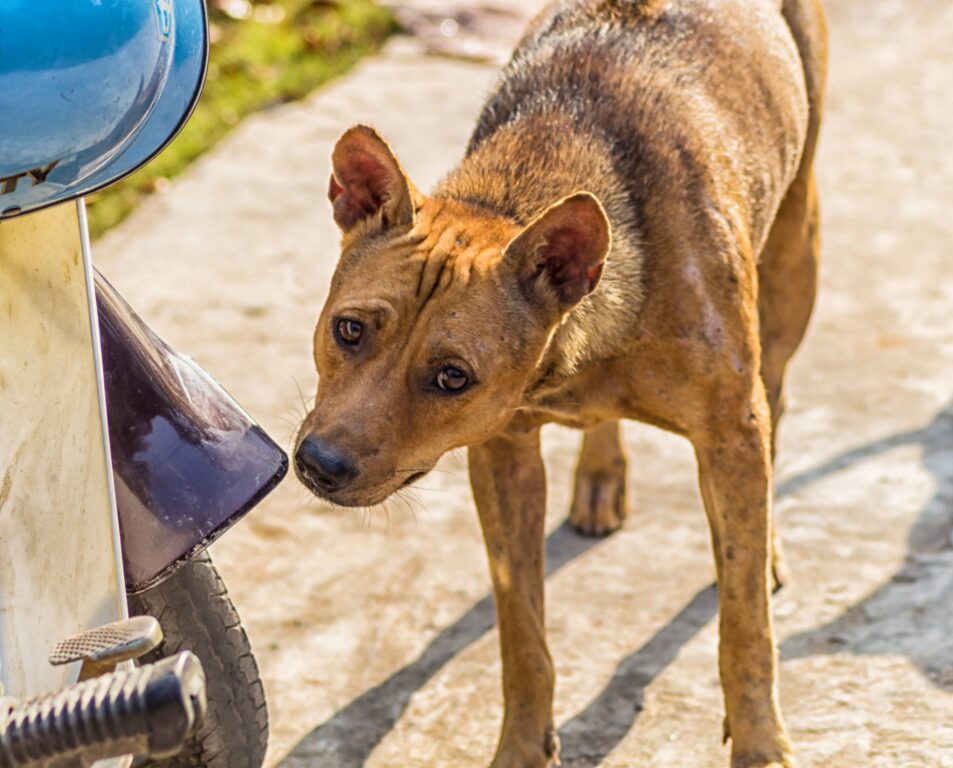
We would strongly recommend that you don’t. In fact, there has been an ongoing outbreak of rabies on the island since 2008 according to the CDC.
It’s not a high-risk rabies zone, mind you, but you really don’t want to get this serious illness if you can help it.
This doesn’t mean you need to rush to your local hospital for a vaccination program before you visit Bali.
What it does mean is that if you do get bitten, you must go to the hospital here and get a jab within 24 hours of the bite.
Rabies, sadly, is 100% fatal once symptoms begin to show and no amount of medical assistance can help at this point. So, please make sure you get a shot if you get bitten.
The Vaccine Isn’t Free
You may need travel insurance for this, the rabies vaccine is available at clinics across Bali but for a fee.
The cost for the course of four injections starts at 2 million IDR but can be much higher for foreigners.
But, there’s no excuse, even in rural areas in Central Bali, you should be able to find treatment if you’re bitten. And if you don’t get treated, and you get rabies, you will die.
You should also avoid monkeys because they can carry rabies too. And if you get bitten by a monkey, head to the hospital and get that shot.

Other Health Risks In Bali
You shouldn’t need medical evacuation from Bali as it has some of the best health services in Southeast Asia, but there are definitely things you should watch out for on your Bali trip too.
Bali belly. Traveller’s diarrhea is the most common cause of Bali belly. This is not serious and will clear up quickly. However, if you find your upset stomach lasts for more than a day or two, it’s worth visiting a doctor just to get it checked out.
Dengue fever. Dengue can be very serious. It’s a mosquito-borne condition but the first case that most people have is usually equivalent to severe flu. You rarely hear of anyone who visited Bali dying of Dengue. Do go to a hospital if you think you have dengue. They will help you stay hydrated as dehydration is the biggest risk to you with Dengue.
Sports particularly water sports. If you use appropriate safety equipment and minimise safety concerns then your fun should be trouble-free. But accidents can happen. Don’t ignore the instructions of lifeguards and safety personnel in tourist areas either, they might save your life.
Heat stroke and sunburn. It’s hot in Bali and the sun is strong. Make sure you take appropriate precautions against sunburn and stay hydrated. Heat stroke can be very unpleasant but it shouldn’t require a hospital visit as long as you take electrolytes with your water.
It’s worth noting that medical treatment can get expensive in Bali. You ought to ensure you have a solid travel insurance policy to cover any costs you run up in an emergency.
Pregnant women might want to discuss their visit to Bali with a health professional prior to travel to ensure that they keep any risks to a minimum.
Do I Need Travel Insurance For Bali?
Travel insurance is designed to cover any expected expenses that occur on your holiday.
It’s generally quite low-cost and will help if you’re injured or sick or if your flights are delayed or if you’re stuck in the country for any reason (such as a volcanic eruption), etc.
It’s not mandatory to have this insurance. But unless you have a large stack of cash or credit available in the case of an emergency, it’s a good idea to have travel insurance.
Is Bali Safe For Female Travelers?

Yes. Bali is a safe destination for female travellers and locals alike.
Of course, there are a few places where a solo female might be more at risk (most of them involving copious amounts of alcohol until the early hours of the morning) but certainly no more so than in any other city in the world.
If you make sure not to wander around strange places late at night (apart from well-touristed streets), book a Gojek or Grab rather than travel home in the dark, etc. you should be fine.
It’s fair to say that the biggest complaint that most solo travellers in the country have is not about safety. It’s about the cost of transport when they can’t share the costs with other people.
General Safety Tips For Your Time In Bali
You can also do some other things in Bali to improve your chances of a trouble-free trip.
Keep An Eye On The Local News
If there are warning signs of tsunamis, volcanic eruptions, political unrest, etc., you’ll most likely learn about it on the local news. You don’t need a subscription to a local paper, but you should check the news on your phone every few hours.
Watch Out For Alcohol That’s Too Cheap
Fake alcohol isn’t a big problem in Bali but it can turn up every now and again. Is somebody selling drinks for less than the cost in all the other stores? Avoid it. Fake booze can make you very ill or even kill you.
Don’t Drink Tap Water
The water out of the tap is not certified as fit for human consumption. It’s best to drink bottled water and if you want to use a water filter instead, make sure it’s a good-quality filter.
Always Be Aware Of Where Your Things Are
Your bags are much more likely to be snatched if they’re lying unattended on the beach while you swim.
If you know where your stuff is, you can keep an eye on it.
Never Swim Anywhere Other Than Marked Safe Areas
Swimming in the sea is a fantastic experience that everyone should enjoy. However, the tides and currents can be very dangerous if too strong.
Ensure to follow any instructions regarding swimming from authorities and most of all, never swim on beaches where the red flag is flying. That’s the big warning that the water’s not very safe.
Respect Local Customs
Bali is a Hindu culture and Hindus have deeply held beliefs and traditions and you do have to ensure that you respect them.
The locals here are kind and welcoming and are one of the biggest reasons people have a fantastic time in Bali. They may stop being so kind and welcoming if you insult their faith.
The best thing you can do as a tourist in any country is only to discuss religion or politics if you clarify something you need help understanding. So, asking what a statue represents is fine.
You should also avoid public displays of affection such as hugging and kissing and dress modestly (particularly at temples and holy sites). Bali is naturally a fairly conservative place.
Carry More Than One Bank Card
The ATM system here is only sometimes reliable and cards can be declined or retained in the ATM (if that happens, immediately call your bank and have the bank freeze the card).
Having a second option ensures your holiday continues with a minimum of fuss. We’d also recommend having some cash for emergencies in your hotel safe.
Take Care Near Cliffs
Yes, standing on the beautiful cliffs here in Bali makes for awesome Instagram shots. But they are still very high and falling off is easy (particularly in Uluwatu, Penida and Nusa). Just be careful.
FAQs
These are some of the most common questions regarding safety in Bali.
Is It Safe To Drive In Bali?
Accidents are common. The roads need to be in a better state. Stray animals can cause crashes. Corrupt police may shake you down. Driving in Bali is possible and many do it, but if you can avoid it, you should let a local drive, instead.
You should also be aware that the police will presume that a foreign driver is at fault in an accident.
If you decide to drive a motorbike or scooter, do you want to do so? Please wear a helmet it could make the difference between life and death.
Is It Safe To Live In Bali?
Yes, and that’s why the FINNS team has made Bali their home. Yes, there are occasional risks, but they need to be bigger to make it easier to live here.
What Are The Biggest Risks On A Bali Holiday?
There aren’t many, but natural disasters would be at the top of the list and minor crime would come second.
What About Bali’s Purity Laws?
It is, technically, illegal for unmarried couples to live together or engage in intercourse in Bali. However, the Bali government has been clear that these laws do not apply to foreign tourists.
Final Thoughts On Is Bali Safe?
Is Bali safe? Of course, it is. But that doesn’t mean “risk-free”. Nowhere on Earth is completely secure.
However, apart from unforeseen natural disasters, local customs and practices tend to ensure that you won’t be at any major risk of harm.
Bali is much safer than most major cities around the world and strict local laws make crime an unattractive career to most people here.
Some unsuspecting tourists will get caught in scams and the like but only if they allow themselves to be.
The worst people ever really encounter in Bali on holiday is petty crime, but most visits go without any hitch.
The three biggest actions you can take to improve your safety are avoiding getting too drunk, not taking drugs and don’t drive a scooter.
You can use our guide above to ensure you get the best out of your holiday in Bali and minimize the odds of experiencing any issues.
Share this entry

